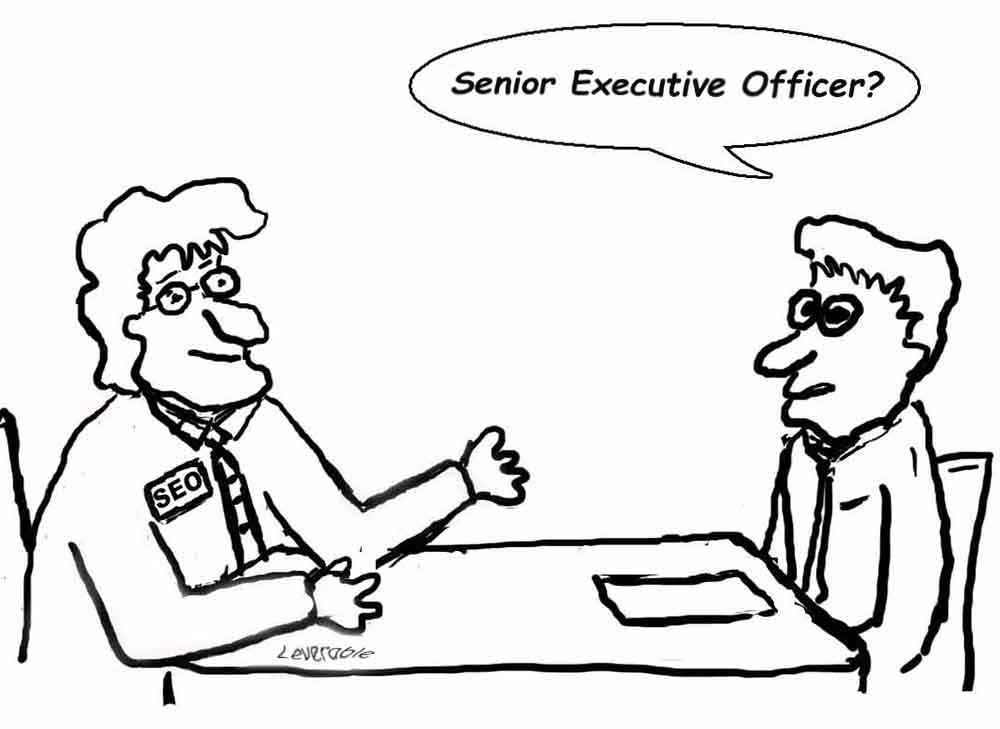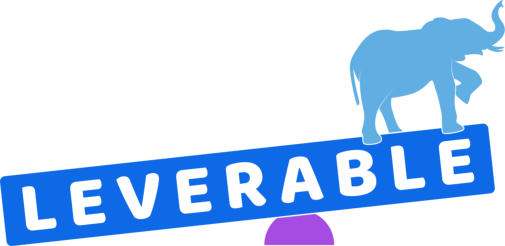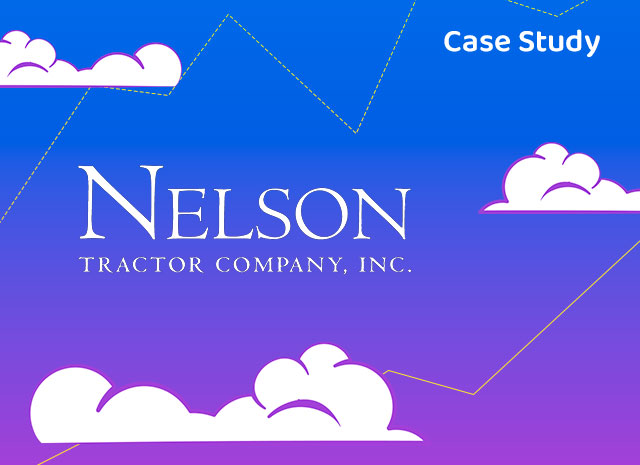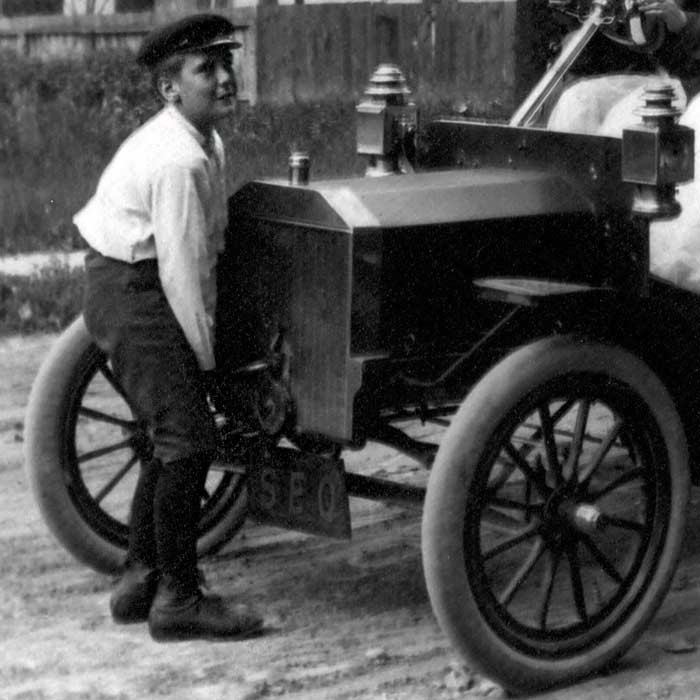
So, you’ve got some successful SEO experience under your belt, your skills and confidence are growing and you’re ready to sell your services to the highest bidder, or at least someone who will appreciate your SEO skills.
Sounds like you need an SEO résumé.
With SEO moving more and more into the mainstream, companies are becoming more comfortable employing in-house SEOs with valuable search engine optimization skills.
But how can you write about your SEO experience in a way that will make it past your average (SEO-ignorant) HR officer? After all, you didn’t go to college to study SEO and then take a trainee SEO Consultant position at Acme Inc, did you?
Most likely, you have gained your SEO skills the hard way, triumphing over Google updates and algorithm changes, the shifting sands of link building, and competing against SEOs with shadier tactics than your own. The good news is that you already have the number one qualification you will need: experience. Your challenge is to make sure you communicate that experience in the right way.
Remember: It’s not just what you’ve done; it’s how you tell it!
The Résumé Formula: Tried and Tested
The best way to nose your way inside the corporate citadel is to give them a resume they can understand. This means sticking to the tried and tested corporate resume formula, something we know works.
Start with your most recent relevant experience and work backwards from there. For example:
SEO Consultant: ABC Company, Anytown, USA (2021-2022)
This company’s objective was to double their online sales. I analyzed their existing website presence and formulated a plan for optimizing and promoting their site. This included:
- Website code and on-page optimization plan.
- Keyword research and marketing review.
- Review and update of website content to reflect specific marketing and keyword goals.
- Promotion plan using high quality new content to generate links from social media, industry insiders and article marketing.
- Progress review.
After my plan had been completed online sales had increased by 60% and were continuing to rise. Daily unique visitors to the site were up by 40% and the company had top 10 search engine rankings for 8/10 of its target keyword phrases.
You’ll notice that I have focused on actions and achievements in this section. The most important thing to anyone considering hiring you is what you have achieved.
You may have had projects where you have been more focused on a single goal such as optimizing a particular CMS system or promoting a new blog like this:
xyz CMS Optimization:
- Reorganized template code to promote dynamic content.
- Implemented site-wide dynamic page title tags, meta tags and on-page optimization (e.g. relevant alt text for all images).
- Ensured navigation structure was accessible to search engines.
- Resolved duplicate URL/content issues.
Or this:
abc New Product Promotion:
- Created WordPress blog with product-based domain and custom template.
- Ensured blog was regularly updated with photos and pre-launch news and that the author became active in relevant online communities.
- Through the development of high-quality content, gained links from other industry blogs and promotion through social media sites such as LinkedIn, Reddit, and Pinterest.
- By product launch date, the blog ranked held the number 1 position in Google for the product name.
To present yourself in the strongest possible way, make sure your résumé statements reflect a results-oriented format. I did x. The result was y. Doing this proves your abilities. Hiring managers love this.
A word of advice at this point. If you’ve dabbled with a little black hat SEO in the past, I’d advise you to keep it quiet and focus on your white hat techniques. It may boost your credibility on online forums but anyone thinking about employing you will be instantly turned off due to the potential these techniques have for causing trouble in the long term and by the negative image (rightly or wrongly) they give out.
What Else Do I Need to Say?
You should now have the meat of your SEO résumé completed. You have explained your experience and skills and the results they achieved. You’re almost there, but you just need to put some finishing touches to it, to show that you
are a true pro.
Technical Skills
This is the place to put list your “tools of the trade.”
PHP, JavaScript, Python, Perl, Photoshop, etc.
List them all here, in sensible categories:
Programming Languages:
HTML, CSS, Java, JSP, PHP and Perl
Content Management Systems:
WordPress, Shopify, Drupal, Ghost, etc…
Education/Qualifications
There are no formal educational or training requirements for SEO yet, but if you have some educational or technical qualifications then you should include them on your résumé, even if they are not directly relevant.
Any degree is always a good thing, as are recognized professional qualifications and certificates such as the Microsoft and Cisco certifications.
Certifications can also help show that you are a well-rounded person interested in professional development.
Don’t worry too much if you haven’t got much to put in this section, and definitely do not make qualifications up. It can backfire badly.
Reference Sites
You’re almost at the end now and like any good salesman (or woman) you want to close the deal.
It’s time to pull your portfolio out of its holster.
Having some successful and well-designed sites in your portfolio can be the difference between getting the job and failing to. Nothing speaks louder than real, visible results.
Don’t worry too much about whether the subject matter is relevant. If the sites show the results you can achieve, they should help you get the job, and they’ll make a great talking point in the interview.
The Final Word
It’s all down to you now, SEOs. Writing a résumé probably isn’t what you would choose to do with an afternoon or evening but put the time in and you should soon be ranking with new clients and doing what you do best.




